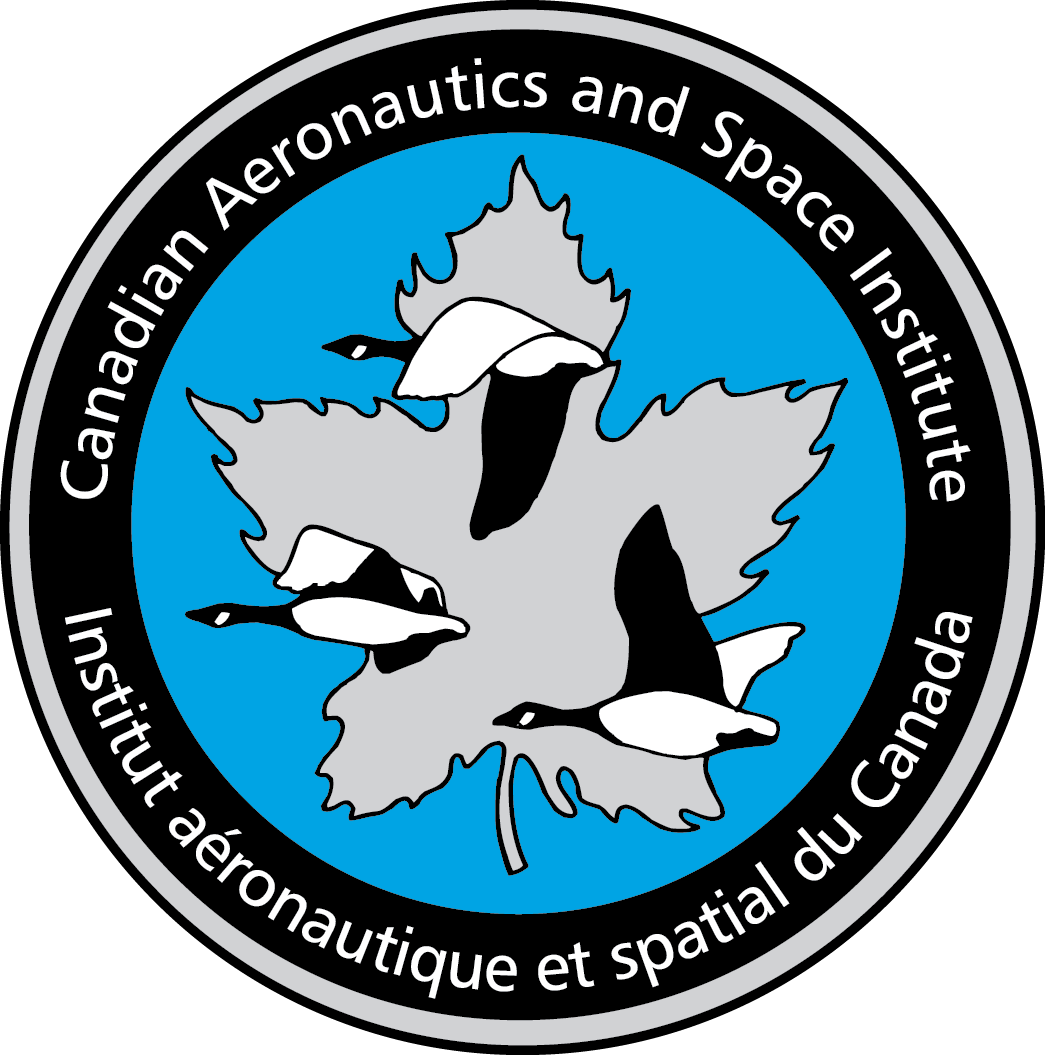Canadian Aeronautics and Space Institute Institut aéronautique et spatial du Canada |
Instructions for Authors
Submission of full papers by authors is not required. Acceptance into the technical program will be based on evaluation of an abstract alone.Abstract Format
The abstract should not exceed 300 words. Abstracts in both official languages may be submitted. The 288-word example below from a previous CASI Conference shows the required format. File format should be DOCX or RTF.
A Research Program Aimed at Breaking Down Barriers to New Technology
Primary Contact Name
Organization
primary.contact@email.address
Over the past 50 years, the space industry has been hesitant to adopt many of the most cutting-edge advances in satellite research. As a result, these missions continue to cost hundreds of millions of dollars and take close to a decade to design and build spacecraft prior to launch. This paper introduces a collaborative, interdisciplinary research program to overcome some of the barriers that prevent the space industry from implementing new technologies. This research aims to improve the reliability of space missions and reduce the cost and design cycle time by addressing key aspects of space systems design. Firstly, resilient spacecraft control systems will be developed by investigating safe, self-configuring and adaptive satellite control strategies that reduce development time by eliminating the need for simulation, characterization or calibration prior to launch. Second, robust and scalable “cloud-based” navigation solutions will be developed that can leverage knowledge of existing space objects to help control satellite position and orientation in orbit. Third, smart technologies will be developed for harsh space environments that can be embedded into multi-function structural spacecraft panels to provide protection from launch vibration, radiation and small particles. A multi-vehicle drone testbed will be developed to evaluate, characterize and demonstrate these technologies without resorting to a full satellite launch. During this program, students will work with Magellan Aerospace to understand the challenges of satellite engineering and design and build a technology demonstration satellite mission in the jointly-owned Advanced Satellite Integration Facility. The enabling technologies developed in this research program will make space engineering more relevant to today’s engineering state of the art and make space more accessible to Canadian companies and research institutions.
